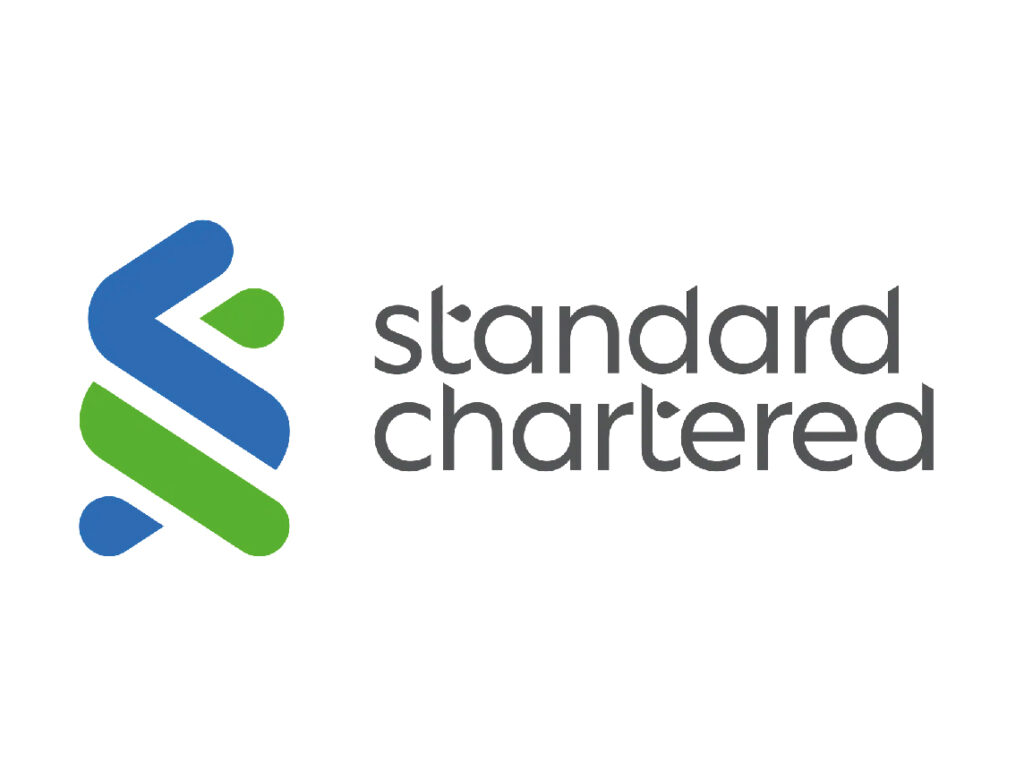Feedback: why it is important?
A Key to Success
Let’s be honest: without feedback, it’s like driving with your eyes closed—sure, you might be going somewhere, but you’re not entirely sure if it’s the right direction. Feedback helps individuals understand how they’re performing and provides crucial insights into areas that need attention.
It is one of the most powerful tools for personal and professional development. Regardless of the setting, whether it’s a workplace, educational environment, or even personal relationships, feedback plays a critical role in guiding individuals toward improvement. It helps to reflect, refine skills, and reinforce learning.
Here’s why feedback is essential?
🔹Promotes Self-Awareness
It helps individuals become more self-aware. It gives clarity on how others perceive them, which allows for reflection and personal development. For example, a manager may not realize how their leadership style affects their team until they receive feedback. This new awareness can drive positive change and help them become more effective leaders.
🔹Encourages Continuous Improvement
Constructive feedback promotes continuous improvement. It encourages individuals to keep refining their skills, learning from past experiences, and adopting better strategies. In environments where feedback is regularly provided, individuals feel empowered to grow and reach higher performance levels, whether in personal development or team collaboration.
🔹Fosters Motivation and Engagement
When feedback is given in a positive, constructive manner, it can motivate individuals to push past challenges and reach their goals. Acknowledging achievements and giving encouragement can boost morale and inspire a deeper commitment to personal and professional goals. Recognition through feedback fosters a sense of accomplishment and strengthens motivation to continue striving for success.
🔹Improves Communication
It also helps improve communication, as it encourages open and honest dialogue. It helps people understand each other better, fostering stronger relationships and more effective teamwork. In the workplace, a culture of regular feedback creates an environment where employees feel comfortable discussing challenges, brainstorming solutions, and engaging in more productive conversations.
🔹Enhances Performance
Whether it’s for an individual or a team, feedback is crucial for improving performance. In a workplace, it can identify areas where employees need further training or support, which can then be addressed to boost overall productivity. Businesses can ensure long-term growth and success by continuously assessing and improving performance through feedback.
🔹Supports Goal Setting
It provides valuable insights into how close or far an individual or team is from achieving their goals. It enables people to set more realistic, achievable goals and adjust their approach to meet those targets. For example, if an employee receives feedback on how to improve their time management skills, they can set goals around those areas to enhance their efficiency.
Best Practices for Giving Effective Feedback
To truly harness the power of feedback, it’s essential that it’s given in a manner that is constructive, clear, and actionable. Here are some best practices for delivering effective feedback:
🔹Be Specific
Rather than giving vague comments like “Good job,” be specific about what was done well and why. For example, “Your presentation was clear and well-structured, which helped the team understand the key points easily.” This not only reinforces the behavior but also guides individuals on what they should continue doing.
🔹Make It Timely
It should be provided as soon as possible after the action or behavior occurs. This ensures that the feedback is relevant and that the individual can immediately understand and apply the advice given.
🔹Balance Positive and Constructive Feedback
A good balance of positive and constructive feedback ensures that the individual feels encouraged while also knowing where improvement is needed. For example, starting with a compliment and then suggesting areas for growth creates a more supportive and open atmosphere.
🔹Focus on Actionable Insights
It should provide clear guidance on how to improve. Instead of focusing only on what went wrong, it should suggest how to approach similar tasks differently in the future. For instance, “Try using more data to support your argument next time” gives clear direction.
🔹Encourage a Dialogue
It should be a two-way conversation, where the person receiving it feels comfortable asking questions, providing their perspective, and discussing how they can improve. This mutual exchange fosters trust and encourages continuous learning
How Feedback Drives Success
Ultimately, feedback is the catalyst for growth. It enables individuals to learn from their mistakes, refine their strengths, and reach new heights. It empowers people to improve performance, enhances personal development, and drives team success.
In organizational settings, a culture of continuous feedback helps to build a strong foundation for success. Companies that regularly engage in these practices see higher employee engagement, more productive teams, and overall business growth. Teams that embrace feedback regularly are better positioned to overcome challenges, adapt to changes, and innovate continuously.
Conclusion
Feedback is not just about pointing out mistakes; it’s a tool for empowerment, growth, and performance improvement. When given and received thoughtfully, it can lead to long-lasting change, whether in individual development, team collaboration, or organizational growth. By creating an environment where it is actively encouraged and embraced, we foster a culture of continuous improvement and mutual success.
This is a skill your team can master with our help, get to know our activities.
Follow us on Linkedin to acess all new articles.
LATEST ARTICLES & CASE STUDIES

Standard Chartered

HSBC

